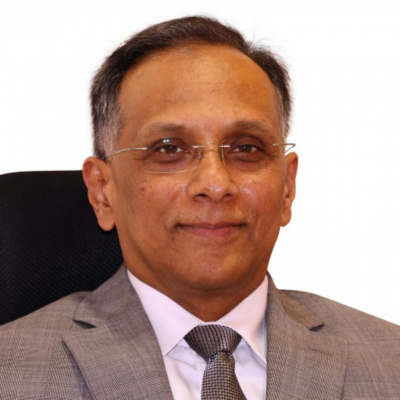The Role of Government Initiatives in Promoting Medical Tourism in India
 02 April,2025
Read More
02 April,2025
Read More
Enquire now in case of any assistance needed
Starting From: USD 4,330 - USD 6,255
Cervical Artificial Disk Replacement is affordable in India. The cost of Cervical Artificial Disk Replacement in India lies between USD 4,330 - USD 6,255. The exact procedure price depends on multiple factors such as the surgeon's experience, type of hospital, severity of the condition, patient's general condition,�etc.
Cervical artificial disc replacement (ADR), also known as cervical disc arthroplasty, is a surgical procedure designed to treat specific neck conditions by replacing a damaged or degenerated cervical disc with an artificial disc implant. This innovative surgical technique aims to preserve motion in the neck while alleviating pain and maintaining spinal stability.
The cervical spine refers to the portion of the spine located in the neck, consisting of seven vertebrae labeled C1 through C7. Between each pair of cervical vertebrae, there are intervertebral discs that act as cushions, allowing for flexibility and absorbing shock. These discs consist of a tough outer layer (annulus fibrosus) and a gel-like inner core (nucleus pulposus).
Cervical disc degeneration occurs primarily due to aging and wear and tear on the spine. However, several factors can contribute to the degeneration of cervical discs, including:
Cervical artificial disc replacement is typically considered for patients who meet specific criteria and have not responded to conservative treatments. Common indications for ADR include:
The cervical artificial disc replacement procedure involves several key steps:
Cervical artificial disc replacement offers several advantages, making it an attractive option for eligible patients:
While cervical artificial disc replacement offers numerous benefits, it is essential to be aware of potential risks and considerations associated with the procedure:
Cervical artificial disc replacement is a transformative surgical option for individuals suffering from cervical disc herniation, degeneration, and related symptoms. By preserving motion in the neck and addressing the underlying pathology, it offers patients a chance for improved quality of life and relief from debilitating neck and arm pain. As with any surgical procedure, patients should consult with their healthcare providers to determine the most appropriate treatment plan and address any questions or concerns they may have about cervical ADR.
Director
Neurosurgeon
Fortis Hospital, Bannerghatta Road, Bangalore
Book AppointmentDoctor of Pharmacy
Dr. Deepanshu Siwach is a skilled clinical pharmacist with a Doctor of Pharmacy degree.?He has 4+?years of experience and has worked with thousands of patients. He has been associated with some of the top hospitals, such as Artemis Gurgaon.
Dr. Deepanshu Siwach is a skilled clinical pharmacist with a Doctor of Pharmacy degree.?He has 4+?years of experience and has worked with thousands of patients. He has been associated with some of the top hospitals, such as Artemis Gurgaon....
A renowned Neuro-spine Surgeon, Dr. S K Rajan, has successfully performed over 3000 surgeries, including intricate spine cases. With over 25 years of experience, his expertise lies in minimally invasive (keyhole) spine surgery, Craniovertebral junction (...
The Art of Effective Communication
 02 April,2025
Read More
02 April,2025
Read More
 27 March,2025
Read More
27 March,2025
Read More
 26 March,2025
Read More
26 March,2025
Read More
 22 March,2025
Read More
22 March,2025
Read More
 12 March,2025
Read More
12 March,2025
Read More
 24 January,2025
Read More
24 January,2025
Read More
